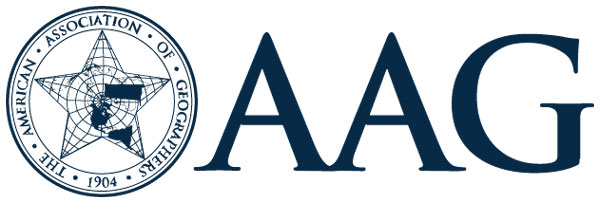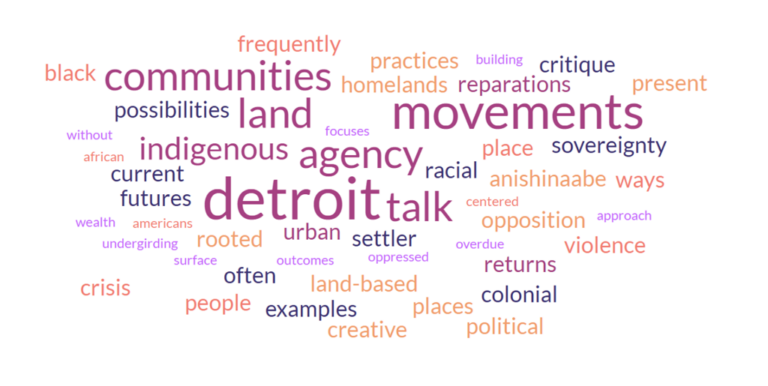AAG to Collaborate on an International Geography Assessment
 The AAG is participating in an international effort to design and develop a geography assessment based on the successful model used by the International Association for the Evaluation of Educational Achievement (IEA) for the Trends in International Mathematics and Science Study (TIMSS). Major collaborating organizations include the International Geographical Union Commission on Geographical Education (IGU-CGE) and the IEA/TIMSS. The initial funding for this project is being provided by the Geography Education National Implementation Project and the U.S. National Center for Research in Geography Education.
The AAG is participating in an international effort to design and develop a geography assessment based on the successful model used by the International Association for the Evaluation of Educational Achievement (IEA) for the Trends in International Mathematics and Science Study (TIMSS). Major collaborating organizations include the International Geographical Union Commission on Geographical Education (IGU-CGE) and the IEA/TIMSS. The initial funding for this project is being provided by the Geography Education National Implementation Project and the U.S. National Center for Research in Geography Education.
The IEA is an independent, nonprofit, international cooperative of national research institutions and governmental research agencies. The IEA conducts research studies of cross-national achievement, including the TIMSS. Since 1995, TIMSS has monitored trends in mathematics and science achievement every four years, at the fourth and eighth grades, in over 60 countries. There is potential for a geography assessment to become a part of the international survey because the subject is taught in nearly all countries. The discipline has a core of knowledge, skills, and principles that represent what students should know and be able to do with geography.
The process of creating the international geography assessment began with a research symposium in Basel, Switzerland on September 23-25, 2016. This meeting produced a plan for a five-year program of integrated research and education activities that will include the development of an assessment framework; international comparative analysis of 8th-grade geography assessments and instructional materials; identification of geographic concepts and content threads common to 8th-grade geography classrooms in different countries; and extensive validation studies with internationally-diverse groups of teachers (both pre-service and in-service).
A goal of the project is to produce a geography assessment that meets the standards of the TIMSS model, which has gained international recognition. An assessment of that standard will advance knowledge in the areas of geography education and assessment in two important ways. First, the project will produce, for the first time, a valid and internationally accepted assessment of young people’s geographic knowledge, skills, and abilities. This international collaborative process will demonstrate how assessments of geographic learning can be conducted internationally in diverse educational settings with considerable variation in school geography curricula.
A second major contribution of the project will stem from the data that become available from the international geography assessment following its administration in participating countries. Such data will enable research studies that would otherwise be difficult or impossible to pursue. For example, the geography assessment data could be mined to explore how international variation in school geography requirements, teacher education, and curricular content relate to students’ geographic knowledge, skills, and abilities. Future analyses of data generated by an international geography assessment will be shared broadly with national academies and ministries of education. It will provide public agencies and policymakers with a valuable source of information on student achievement in geography and its contributions to 21st century issues, such as sustainability, energy, and food security.
Members of the international geography assessment committee include Theresa Bourke (Queensland University of Technology, Australia), Chew Hung Chang (National Institute of Education, Singapore), Eugenio Gonzalez (IEA), Dirk Hastedt (IEA), Rod Lane (Macquarie University, Australia), Miroslav Marada (Charles University, Czechia), Jon Moore (Educational Testing Service), Joop van der Schee (Vrije Universiteit Amsterdam, Netherlands), Michael Solem (AAG), Joseph Stoltman (Western Michigan University), Kathrin Viehrig (University of Applied Sciences and Arts in Northwest Switzerland), and Okkyong Yoon (Cheongju National University of Education, South Korea).
Please direct questions to Joseph Stoltman (stoltman [at] wmich [dot] edu) and Michael Solem (msolem [at] aag [dot] org).


